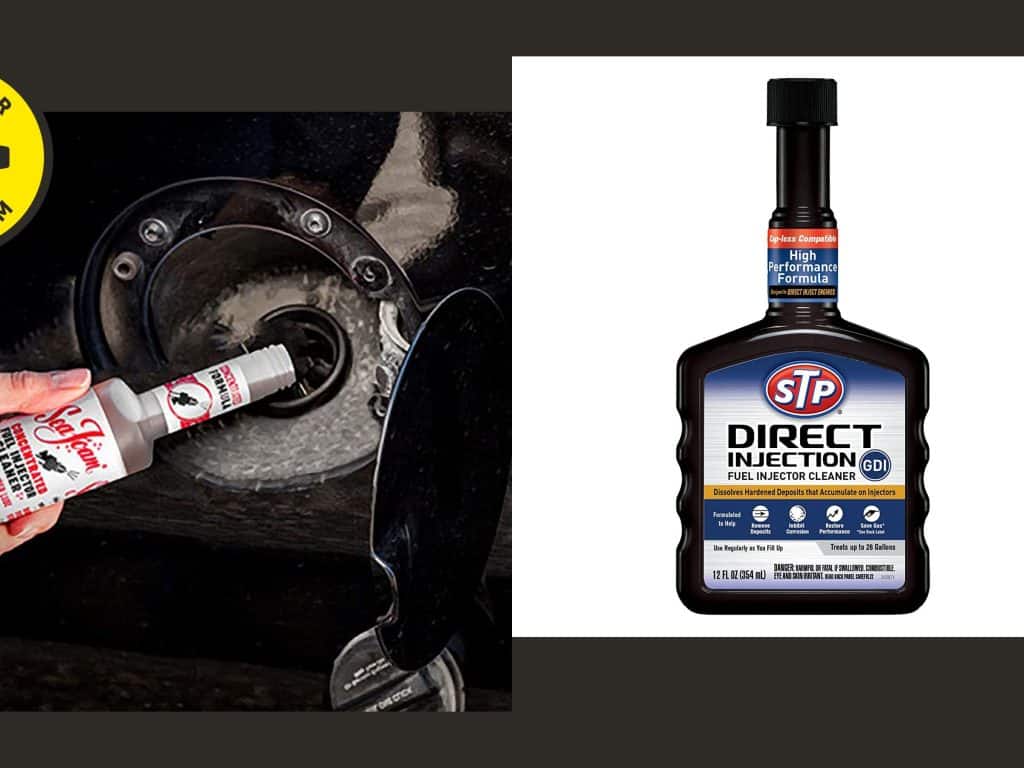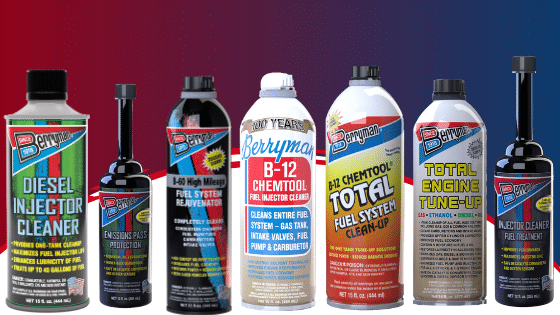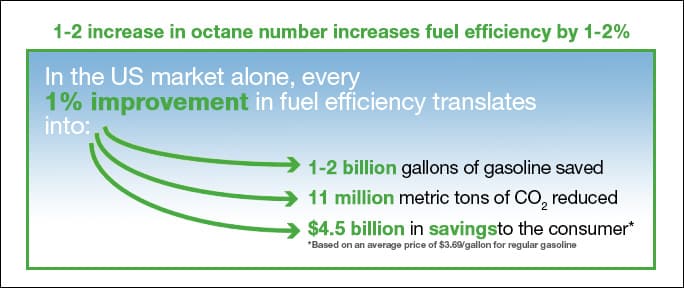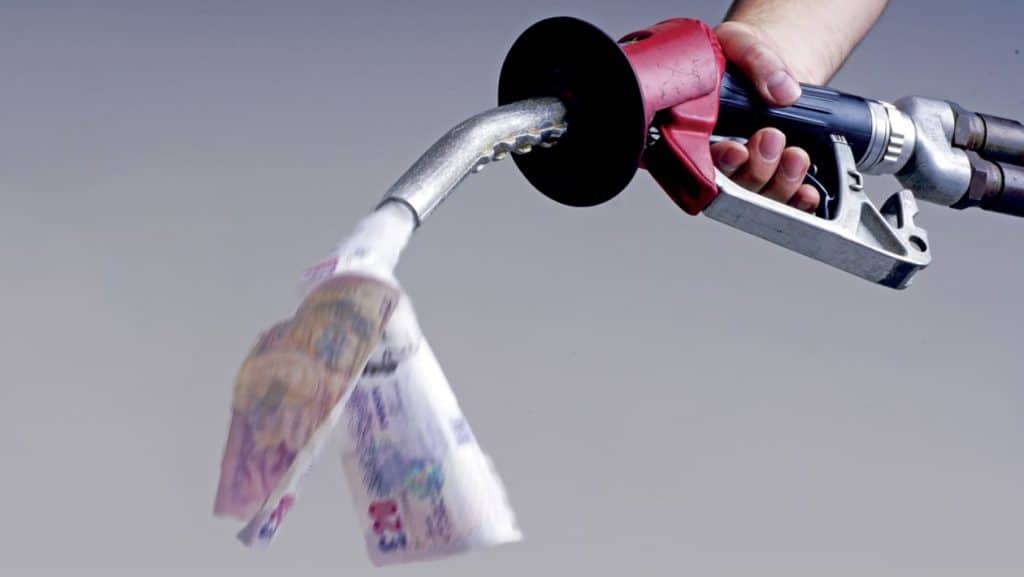Fuel additives, those magical substances that promise to enhance the performance of our vehicles and keep our engines clean, have become a staple in the world of automotive maintenance. But have you ever wondered how exactly they work their wonders? In this article, we will take a closer look at the fascinating science behind fuel additives, exploring how they effectively clean and improve the performance of our vehicles, one drop at a time. So, buckle up and join us on this journey of discovery as we unravel the secrets behind these potent elixirs for our beloved engines.
Introduction
Welcome to our comprehensive guide on fuel additives! This article will explore the world of fuel additives, their purpose, types, mechanisms, benefits, misconceptions, and how to choose and use them effectively. Fuel additives play a crucial role in maintaining and enhancing the performance of our vehicles, and understanding their workings can help us make informed decisions.
Overview of Fuel Additives
Definition of Fuel Additives
Fuel additives are chemical substances added to fuel to enhance its performance and provide various benefits. They are designed to address common issues such as deposits, wear and tear, and corrosion in the fuel system and engine.
Purpose of Fuel Additives
The primary purpose of fuel additives is to optimize fuel combustion, maintain engine cleanliness, and improve overall performance. They achieve this by enhancing fuel quality, minimizing deposits, reducing emissions, and protecting against corrosion.
Types of Fuel Additives
Fuel additives come in various types, each catering to specific needs. Some common types include detergents, octane boosters, cetane improvers, corrosion inhibitors, stabilizers, antioxidants, demulsifiers, and fuel system cleaners. Each type of fuel additive serves a unique function in improving fuel performance.
This image is the property of vpracingfuels.com.
Mechanism of Fuel Additives
Cleaning Action of Fuel Additives
Fuel additives employ a cleaning action to remove and prevent harmful deposits from forming in the fuel system and engine components. These deposits, such as carbon, can hinder fuel flow, reduce engine efficiency, and increase emissions. Fuel additives dissolve these deposits, ensuring optimal fuel delivery and combustion.
Improvement of Performance Through Fuel Additives
Fuel additives also work to improve engine performance by enhancing the combustion process. They optimize the fuel-air mixture, promote even and efficient combustion, and prevent knocking or pinging. This results in smoother acceleration, increased power output, and improved fuel efficiency.
Working Principles of Fuel Additives
The working principles of fuel additives vary depending on their types and intended benefits. For example, detergents in fuel additives clean fuel injectors, intake valves, and combustion chambers, while octane boosters increase the fuel’s octane rating. Similarly, corrosion inhibitors protect fuel system components from rust and corrosion, while stabilizers prevent fuel degradation.
Classes of Fuel Additives
Detergents
Detergents are a typical class of fuel additives that help remove and prevent the formation of deposits in the fuel system. They keep injectors and intake valves clean, ensuring optimal fuel flow and combustion.
Octane Boosters
Octane boosters are additives that increase the octane rating of gasoline. This helps prevent knocking and pinging, particularly in high-performance engines that require higher octane levels.
Cetane Improvers
Cetane improvers are used in diesel fuel additives to enhance ignition quality and improve combustion efficiency. They ensure smooth engine operation, reduce noise, and improve fuel economy.
Corrosion Inhibitors
Corrosion inhibitors protect fuel system components from rust and corrosion caused by moisture and other contaminants. They help prolong the lifespan of the fuel system and prevent costly repairs.
Stabilizers
Stabilizers prevent fuel degradation and oxidation, particularly during long-term storage. They extend the shelf life of fuel and ensure its quality remains intact over extended periods.
Antioxidants
Antioxidants are additives that prevent the oxidation of fuel molecules. They help maintain fuel stability, prevent the formation of harmful byproducts, and improve combustion efficiency.
Demulsifiers
Demulsifiers are commonly used in diesel fuel additives to separate water from fuel. They help prevent fuel contamination and protect the fuel system from damage caused by water.
Fuel System Cleaners
Fuel system cleaners are additives that remove deposits from fuel injectors, intake valves, and combustion chambers. They improve fuel atomization, optimize combustion, and restore engine performance.
This image is the property of www.berrymanproducts.com.
Benefits of Fuel Additives
Enhanced Engine Performance
One of the critical benefits of fuel additives is enhanced engine performance. By improving fuel quality and combustion efficiency, additives ensure smoother acceleration, increased power output, and better engine performance.
Improved Fuel Economy
Fuel additives can improve fuel economy by optimizing the fuel-air mixture and enhancing combustion. This results in better fuel efficiency, allowing us to go further on each gallon of fuel.
Reduced Emissions
Fuel additives play a crucial role in reducing harmful emissions. By promoting complete combustion and preventing deposits, additives help minimize the release of pollutants into the atmosphere, contributing to cleaner air quality.
Extended Engine Life
The use of fuel additives can contribute to the extended life of our engines. By preventing deposits, minimizing wear and tear, and protecting against corrosion, additives help keep engine components in optimal condition, reducing the risk of costly repairs and replacements.
Prevention of Wear and Tear
Fuel additives help minimize wear and tear on engine components by reducing friction and optimizing combustion. This ensures smooth operation and prolongs the lifespan of vital engine parts.
Prevention of Deposits
Deposits in the fuel system and engine can have detrimental effects on performance. Fuel additives prevent the formation of these deposits and help remove existing ones, improving fuel flow and combustion efficiency.
Corrosion Protection
Fuel system components are vulnerable to corrosion caused by moisture and other contaminants. Fuel additives with corrosion inhibitors provide essential protection, preventing rust and ensuring the longevity of the fuel system.
Factors to Consider When Choosing Fuel Additives
Compatibility with Your Vehicle
When choosing fuel additives, ensuring compatibility with our specific vehicle make and model is crucial. Different engines may have different requirements, and using the wrong fuel additives can potentially cause harm.
Type of Fuel Used
The type of fuel we use also affects the choice of fuel additives. Gasoline and diesel fuel additives have distinct formulations to cater to the specific needs of each fuel type.
Specific Requirements
Consider our vehicle’s specific requirements, such as high-performance engines or fuel systems prone to corrosion. Choosing fuel additives with suitable functionalities ensures maximum effectiveness and protection.
This image is the property of carpills.co.uk.
Common Misconceptions about Fuel Additives
Fuel Additives Are Not Effective
One common misconception is that fuel additives are not effective. However, when used correctly and chosen carefully, fuel additives can provide significant benefits, such as improved engine performance and fuel economy, reduced emissions, and enhanced engine life.
All Fuel Additives Are the Same
Another misconception is that all fuel additives are the same. Fuel additives have different compositions, functionalities, and target areas within the fuel system and engine. Understanding these differences allows us to choose the suitable additive for our needs.
Fuel Additives Can Cause Damage
Some individuals worry that fuel additives can cause damage to their vehicles. However, when used according to the manufacturer’s instructions and with compatible fuels, fuel additives are generally safe to use and provide valuable benefits without causing harm.
Usage and Application of Fuel Additives
Proper Dosage and Proportions
To ensure effective results, following the manufacturer’s recommended dosage and proportions when using fuel additives is crucial. Adding too much or too little can affect performance and potentially cause issues.
Frequency of Use
The frequency of using fuel additives varies depending on the specific additive and individual requirements. Some additives must be used with every fuel tank, while others only require periodic application. Refer to the product instructions for guidance.
Application Methods
Fuel additives can be applied in different ways, such as directly adding them to the fuel tank or using specialized devices for fuel system cleaning. Follow the recommended application methods provided by the manufacturer to maximize effectiveness.
This image is the property of media.autoexpress.co.uk.
Conclusion
Fuel additives are essential for optimizing fuel performance, improving engine efficiency, and maintaining overall vehicle health. By understanding their purpose, mechanisms, types, benefits, misconceptions, and proper usage, we can make informed decisions about choosing and using fuel additives. Consider factors such as compatibility, fuel type, and specific requirements to ensure we get the most out of these valuable additives. With the proper fuel additives, we can enhance our driving experience, save on fuel costs, reduce emissions, and prolong the life of our engines.






